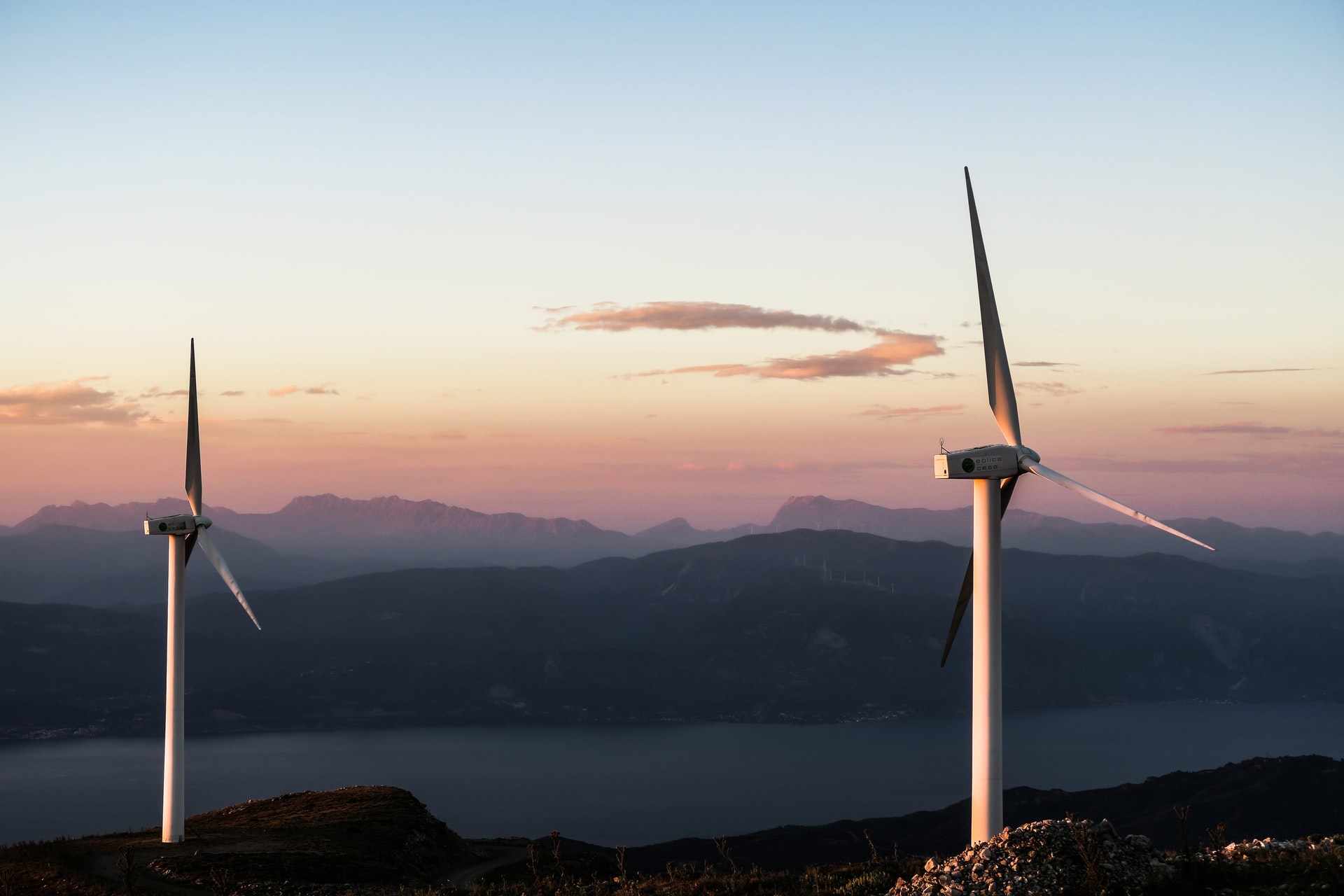The Great Regeneration is afoot. Here’s how we make it reality
By Andrew Higham, chief executive of the Mission 2020 climate action campaign | June 24, 2021
In picking up from the wreckage wrought by Covid-19, the climate crisis and the devastatingly fast loss of nature and biodiversity, we find ourselves on the cusp of a great regeneration. It’s a regeneration of our health, of our planet, and of our economy.
The challenge of the 2020s is to turn this potential into reality, setting ourselves on a path towards a healthy, regenerative, fair and resilient zero-emissions future.
The five-year Mission 2020 climate action campaign worked in its last year to establish a roadmap for achieving this challenge, commissioning three reports that set out the changes we need to make. Based on discussions with hundreds of people and analysis of research from across and beyond the climate community, the triptych of Mission 2020’s conclusion charts the changes we need to make – from the personal mindset we take to work; to the collaboration across organisations, sectors and regions; to the systemic and economic changes that will get us to net zero emissions before 2050.
Overall, we found a desire to infuse our work with greater compassion and openness, big thinking and risk taking. We found that philanthropic funding currently fosters competition and short-termism, when it needs to support higher-risk/ higher-reward, innovative and long-term projects. We found that this shift calls for $1 trillion per year of investment in private and public finance. And we found that it requires us – as a wide and diverse community – to overhaul the way we approach our work, from across sectors and organisations to our personal mindsets.
The potential is there for the taking. We hit a turning point in 2020 that brings the Great Regeneration within reach, with a shift in the overarching perception of climate action from a burden and cost that we must bear to an opportunity we cannot afford to miss. We understand that the shift to away from fossil fuels and pollution will create well-paying jobs, improve public health and ensure economic stability for future generations, and that many of the solutions to getting there are ready to be scaled up and deployed.

“We understand that the shift to away from fossil fuels and pollution will create well-paying jobs, improve public health and ensure economic stability”. Image: Unsplash
But time is short, and we are still way off course. The science says we have to halve greenhouse gas emissions between 2020 and 2030, while simultaneously conserving and restoring nature.
We’re still operating in a fragmented universe in which funding and attention tends to roll towards incumbent organisations and ideas based in the Global North, according to the report Organising Climate Action in the Decisive Decade: From Incremental to Catalytic Collaboration, by researchers at the University of Oxford’s SaÏd Business School. Newcomers, innovators, risk-takers and organisations based in the Global South struggle to secure funding or clout, especially for the long-term.
We can overcome these obstacles by first creating a shared narrative on tackling the climate crisis that makes clear the social and economic benefits it will generate. We need to build trust and improve communication between sectors, regions and communities involved in climate action, and to strengthen accountability for commitments to reaching net zero emissions. We need to link those most responsible for environmental loss and damage with those most affected by it.
Philanthropic funders can play a critical role in supporting these changes, bringing disparate groups together, funding experimental high-impact work and supporting work in different sectors and regions. But first they will have to break with their usual short-term, narrow-casted approaches, the Oxford report found.
Changing the way we collaborate will better enable us to reach net zero emissions in the 2040s, as set out in our second report, Critical Junctions on the Journey to 1.5°C: The Decisive Decade, by the research network Climate Strategies.
The journey to net zero includes ending the construction of new coal-fired power plants now and closing one existing coal plant every day between now and 2040 at least. It includes turning forests and agriculture from net sources of greenhouse gases to net sinks within this decade, ending deforestation and shifting to large-scale land restoration. And it includes a wholesale shift to electric and clean mobility and zero-emissions buildings and infrastructure.
But of course, making these organisational, systemic and economic transformations must start from within. We need to change our personal mindset towards the way we work and collaborate as advocates, philanthropists, policymakers, health professionals, investors, executives and other professions.
We address this in Prelude to a Great Regeneration, based on conversations with over 100 contributors facilitated by Mission 2020. We found an overarching desire for greater kindness, compassion, collaboration and risk-taking. We found a deep need for openness, access to information, political will and accountability.
Together, these three reports set out a roadmap for achieving what we must – and can – to secure a healthier future. If we start to make these changes within our own mindsets, work teams and organisations, they will spread across the wide and diverse community of people working towards the Great Regeneration.
It will give rise to Generation Regeneration.


